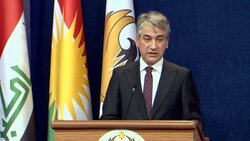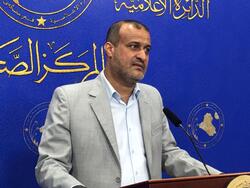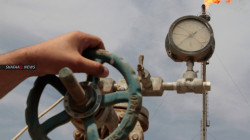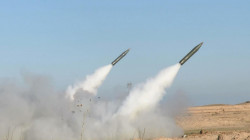Iraqi cities sizzled under near-record heat: report
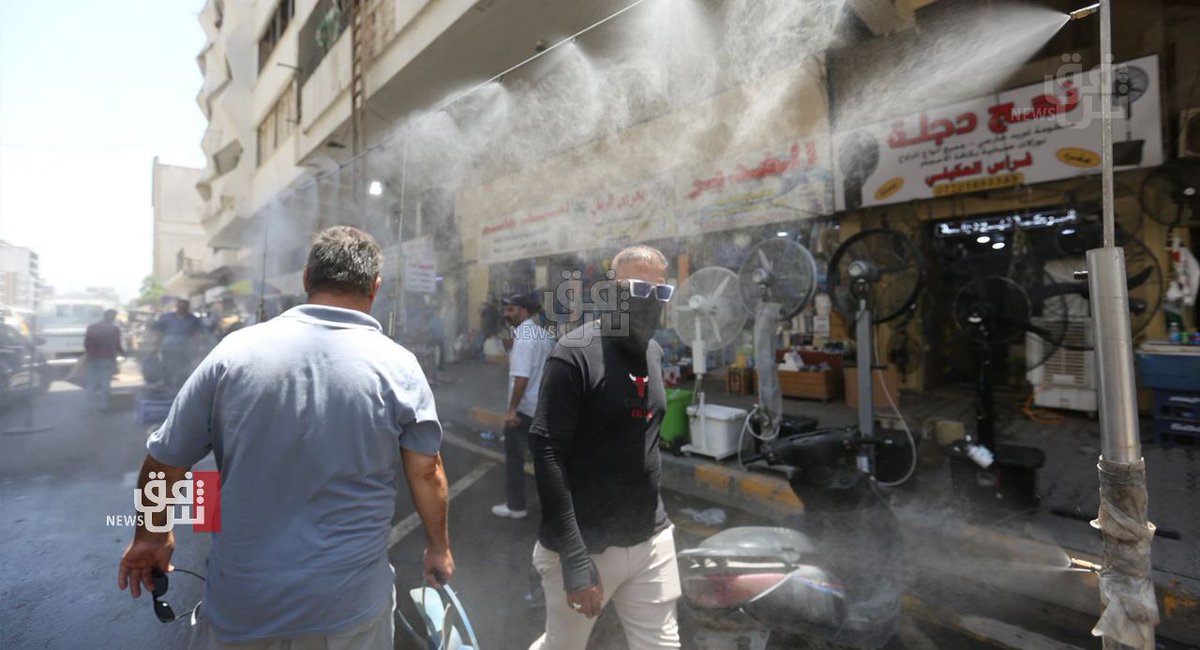
Shafaq News/ Iraqi cities sweltered under record-breaking temperatures in 2023, emerging as the epicentre of the unprecedented global heatwave that gripped the world.
While extreme heat blanketed continents, nowhere did it burn hotter than in southern Iraq, with consequences that starkly illustrate the perils of climate change, according to a report by CEOWORLD.
On August 21st, 2023, Basra sizzled at a scorching 49.3°C, surpassing its own July 2022 high by 2°C and standing just shy of its all-time scorcher of 54°C. Across the city, temperatures peaked between 48.7°C and 51.4°C, near the average July 2022 high of 51°C.
Neighbouring Amarah reached 48.9°C, eclipsing its previous record of 51°C. Semawa, never before documented reaching such extremes, recorded 48.9°C. The heat extended into Iran, with Abadan registering 48.4°C, falling just short of its June 2022 record of 52.2°C.
Iraq is projected to be among the five countries hardest hit by the impact of climate change. The country is already witnessing depreciating water supply and accelerating desertification, leading to the loss of as much as 60,000 acres of arable land each year, according to Iraqi government and United Nations sources.
These climate phenomena threaten the livelihoods and food security of Iraq's population of an estimated 43 million, creating conditions for displacement, instability and a deterioration of social cohesion.
The water crisis has grown steadily amid severe drought, upstream damming practices in Turkey and Iran, and increased domestic consumption within Iraq's borders.
The impact of climate change grows with each passing year, and so does Iraq’s population — projected to reach 80 million by the year 2050 — while the country’s resources are decreasing. Temperatures in Iraq are rising roughly seven times faster than the global average, which diminishes water levels through evaporation. By the end of the century, water levels in the Tigris and Euphrates rivers will likely decline by a minimum of 30 percent and up to 70 percent, necessitating long-range planning of resource management, particularly in agricultural areas. The loss of agricultural livelihoods in water-scarce regions has already accelerated migration across Iraq’s southern and central provinces and provoked local-level disputes over water sharing. As of September 2023, the International Organization for Migration estimated that 130,788 individuals remained displaced due to factors related to drought conditions and acute water scarcity.
Amid this water crisis, a plethora of additional factors are threatening Iraq’s stability and progress, including the widening distrust between citizens and the state over services and corruption; divisive partisanship; armed groups acting with impunity; regional interference and the social and environmental impacts of decades of war. If unaddressed, water scarcity combined with these broader sources of fragility have the potential to undermine Iraq’s ambitious efforts for development — for example, Iraqi Prime Minister Mohammed Shia al-Sudani’s “Development Road” project and the Kurdistan Region’s economic transformation plans. At a time when Iraqi citizens are calling for broad-based socioeconomic development, it is urgent that holistic, coordinated and effective measures ensure that the water crisis does not upend these aspirations.
USIP, in collaboration with the Institute of Regional and International Studies at the American University of Iraq Sulaimani, has conducted research in 2023 on the drivers and consequences of Iraq’s water-scarcity crisis. Our findings underscore the importance of taking a systems-wide approach to water management in an era of climate change. Unlike other challenges, where Iraq works through a degree of compartmentalization of issues and makes progress at the local level, preventing the worst outcomes in Iraq’s water crisis will require a more holistic strategy that would span the full upstream-to-downstream spectrum. Urgent and sustained engagement is needed at all levels — regional, domestic and local.
